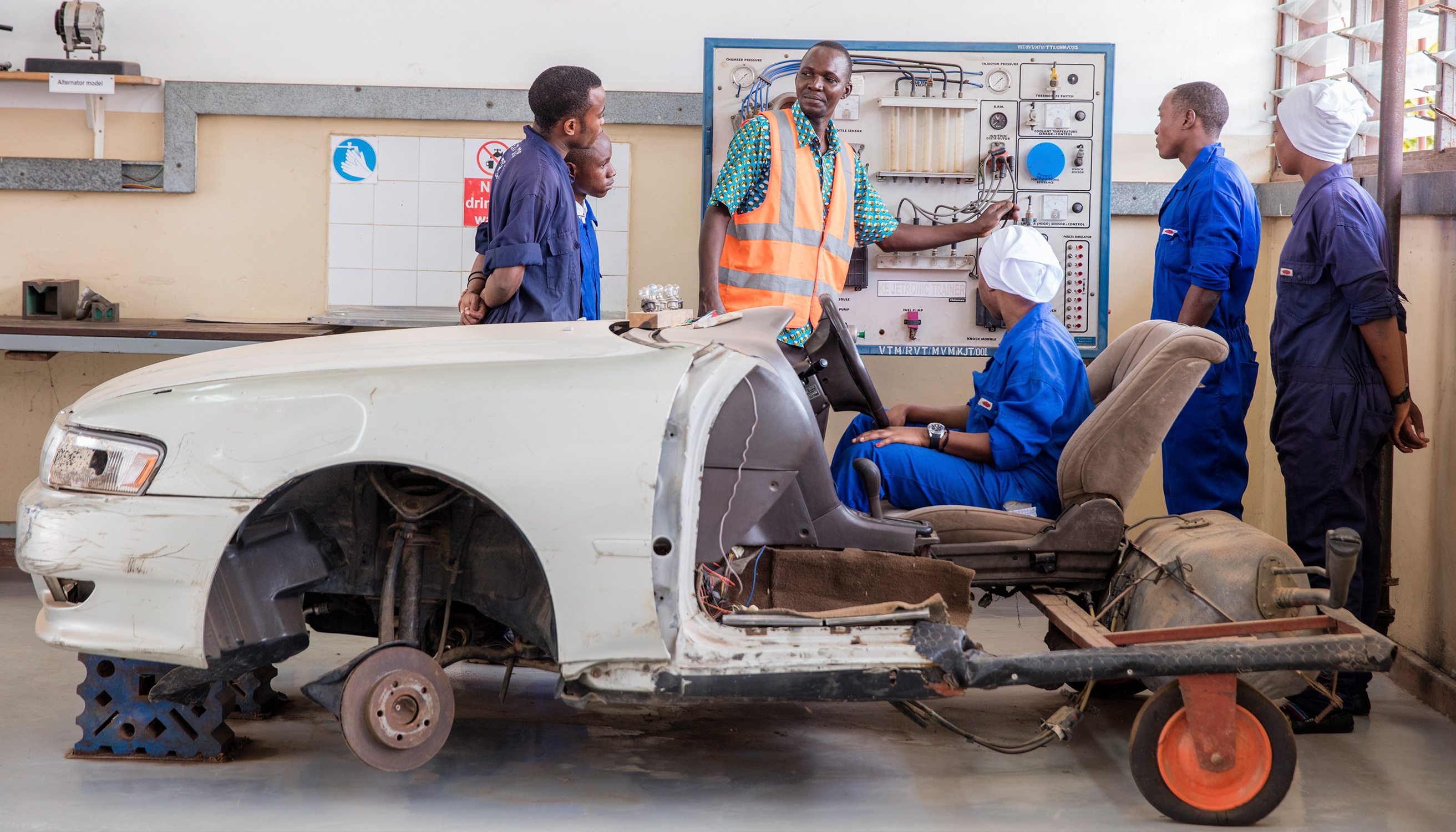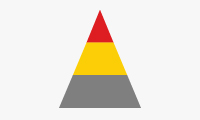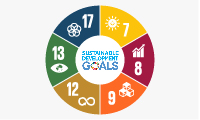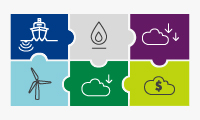Local content and skills development
Shell buys goods and services from local suppliers as part of our approach to share the benefits of oil and gas development with the wider economy.
We contribute to employment creation directly and indirectly: directly through the employment of company staff and the purchase of goods and services; indirectly through the employment, subcontracting and procurement activities of our contractor and suppliers, and through wider economic effects.
We buy goods and services from local suppliers that meet our standards as part of our approach to share the benefits of oil and gas development to the wider economy. In some cases, we support businesses in developing the skills required to meet these standards.
Our supplier principles integrate social considerations in the contracting and procurement processes. In 2017, we spent $42.2 billion on goods and services worldwide, of which around 58% was in the USA, Canada, the UK, the Netherlands and Nigeria. In 2017, we spent around $4.9 billion in countries that, according to the UNDP Human Development Index 2016, have a gross domestic product of less than $15,000 a year per person. In these countries, Shell companies spent 80% with local companies.
In 2017, we worked with the Australian government on a development programme to support local suppliers to the Queensland Gas Company (QGC) (Shell-operated, majority interest) coal seam gas project. We provided 12 local suppliers with a dedicated business advisor to help them develop a customised improvement plan to grow and diversify their business. The Australian government matched our funding with AUD$20,000.
At the Prelude floating liquefied natural gas facility, we awarded contracts to Australian waste management company Rusca Environmental Solutions for onshore waste and cleaning services. This is a new business area for the company, which is 100% indigenously owned, and is expected to create further opportunities for indigenous sub-contractors.
In Nigeria, we use locally manufactured goods and service companies which create jobs in the communities in which we operate. In 2017, Shell companies in Nigeria spent around $0.76 billion on contracts for Nigerian companies. Access to financing has been a challenge for suppliers to Shell companies in Nigeria. In collaboration with leading banks in the country, the SPDC Joint Venture (SPDC JV) and the Shell Nigeria Exploration and Production Company Limited continue to fund a mechanism that offers local contractors faster access to loans at cheaper interest rates.
Community skills and enterprise development
Through our social investment programmes, we support economically viable enterprise development and skills programmes that create valuable opportunities for local people and communities, while adding value to our supply chain.
We support the building of new businesses to generate local employment and our Shell LiveWIRE programme, helps young entrepreneurs turn their ideas into reality.
Shell LiveWIRE marked its 35th anniversary in 2017 and now operates in 15 countries in eight languages. In 2017, through the programme, 4,159 people were trained, 450 businesses were established, 465 existing businesses were supported, 1,697 jobs were created and 10 businesses entered the Shell supply chain.
Shell LiveWIRE entrepreneurs increasingly focus on energy solutions such as affordable and clean energy for low-income communities. For example, Innovate Energy, is a company that offers an external phone battery rental service powered by renewable energy.
Nigeria has one of our most successful Shell LiveWIRE programmes, with a total of $66,200 awarded to 60 young entrepreneurs from Ogoniland, all of whom completed its enterprise development programme. In the Middle East and North Africa, where Shell LiveWIRE is called Intilaaqah, we trained 1,920 participants in 2017 – 52% of whom were women – and helped start up 186 businesses. In Saudi Arabia, Ghazael Aldossary, one of many female Intilaaqah entrepreneurs, has set up two businesses in the chemical and shipping industries with 45 employees.
In the Philippines, we have a community-based enterprise development and biodiversity programme called Turismo at Negosyo Dulot ng Ingat Kalikasan (Tourism and Business Through Protecting Nature). The programme supports sustainable tourism by mobilising community involvement and creating alternative income opportunities, all while protecting and conserving Palawan’s biodiversity. In 2017, the programme provided 67 local jobs and generated more than $90,000 in revenues from supported enterprises.
In Tanzania and Kenya, we are supporting a programme called E4D/Employment and Skills for Eastern Africa with the German, British and Norwegian governments. This programme aims to improve access to jobs and economic opportunities for local people in natural resource-based industries and related sectors. By the end of 2017, the partnership, had raised more than 35 training programmes to industry standards and provided training for around 13,000 people. So far, 73% of the graduates have found employment.

Our enterprise development programmes are helping young Tanzanians grow their businesses.
The energy of coffee
We are working with a start-up called bio-bean, which turns coffee waste into fuel. The company won Shell LiveWIRE’s Innovation Award in 2013 and has since gone on to produce bio-mass pellets and briquettes called Coffee Logs. These are now sold at Shell retail sites across the UK.
In 2017, bio-bean helped power some of London’s buses using biofuel made partly from its waste coffee grounds. The company collects and processes 50,000 tonnes of waste grounds a year. Every tonne of waste coffee grounds recycled using bio-bean's rechnology saves 6.8 tonnes of CO2 emissions.
The collaboration forms part of our #makethefuture campaign, which demonstrates how we are providing access to cleaner energy to improves lives.
External voice: "Shell's support was crucial to my start-up's success"

Ciclo Orgânico is an organic waste collection and composting business that makes money through customer subscriptions. I founded the company as part of Shell’s LiveWIRE programme in Brazil in 2015.
The programme helped me build the company from the initial concept to planning and final execution so was crucial to our success. One of the biggest benefits was the support I received in developing my business plan. This guides me to this day whenever I am faced with hard decisions.
Shell also connected me to a network of entrepreneurs, specialists and mentors. It was a wonderful experience and I am grateful for all the support I recieved from Shell.
 Sustainability at Shell
Sustainability at Shell
 Sustainable development goals
Sustainable development goals
 About our data
About our data
 Energy transition and climate change
Energy transition and climate change